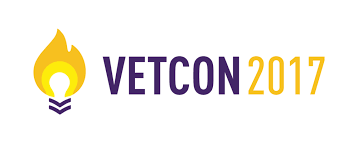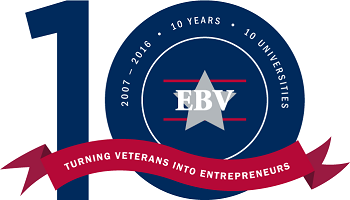Funding for Veteran Business Owners

According to the most recent census data, there are 2.45 million veteran-owned businesses in the U.S. Veteran entrepreneurs contribute to the economy through their businesses and their willingness to hire veterans.
There are a number of funding resources available to veterans in order to get their business off the ground, or expand an existing business.
• The Office of Veterans Business Development, through the Small Business Administration (SBA) supports new and existing veteran entrepreneurs and military spouses. The program offers a variety of training and financial services. The SBA Veterans Advantage Guaranteed Loans program offers loans of $150,000 or less with no guaranty fee. Larger loans carry a low guarantee fee. SBA Express Loans have no upfront borrower fee for eligible veterans and military spouses on loans up to $35,000. Leveraging Information and Networks to Access Capital matches businesses with SBA-approved non-profit lenders. The 7(a) Loan Program is the SBA’s most common loan program, and includes financial help for businesses with special requirements.
• The Department of Veteran Affairs is a great starting point when looking for financing, and has created the Veteran Entrepreneur Portal (VEP), which can help you quickly identify financing resources for your business.
• The Military Reservist Economic Injury Disaster Loan provide funds to eligible small businesses to meet necessary operating expenses that it could have met, but is unable to meet, because an owner/essential employee was “called-up” to active duty.
• The USDA Veteran and Minority Farmer Grant, run by the Department of Agriculture, aims to bring traditionally underserved people into farming through training and technical and financial assistance.
• The VetFran(R) program is designed to help veterans start their own business. While these aren’t traditional business loans for veterans, the program offers financial incentive for veterans to launch a franchise.
In addition to lending resources, don’t discount the value of networking resources. Who better to share advice than those who have walked the path before you?
• American Corporate Partners links veteran entrepreneurs with successful businesspeople for training and mentorship.
• National Veteran-Owned Business Association presents you with a great networking opportunity and the chance to learn much more about running a business.
• SCORE Foundation Veteran Fast Launch Initiative offers advertising, marketing and business mentoring, all at no cost.
• Syracuse University’s Institute for Veterans and Military Families provides entrepreneurial training. Their Entrepreneurial Bootcamp for Veterans program is free for post-9/11 veterans.
• Veterans Business Resource Center provides business consulting and mentoring.
• Veterans Business Services can assist in obtaining capital for your business.











